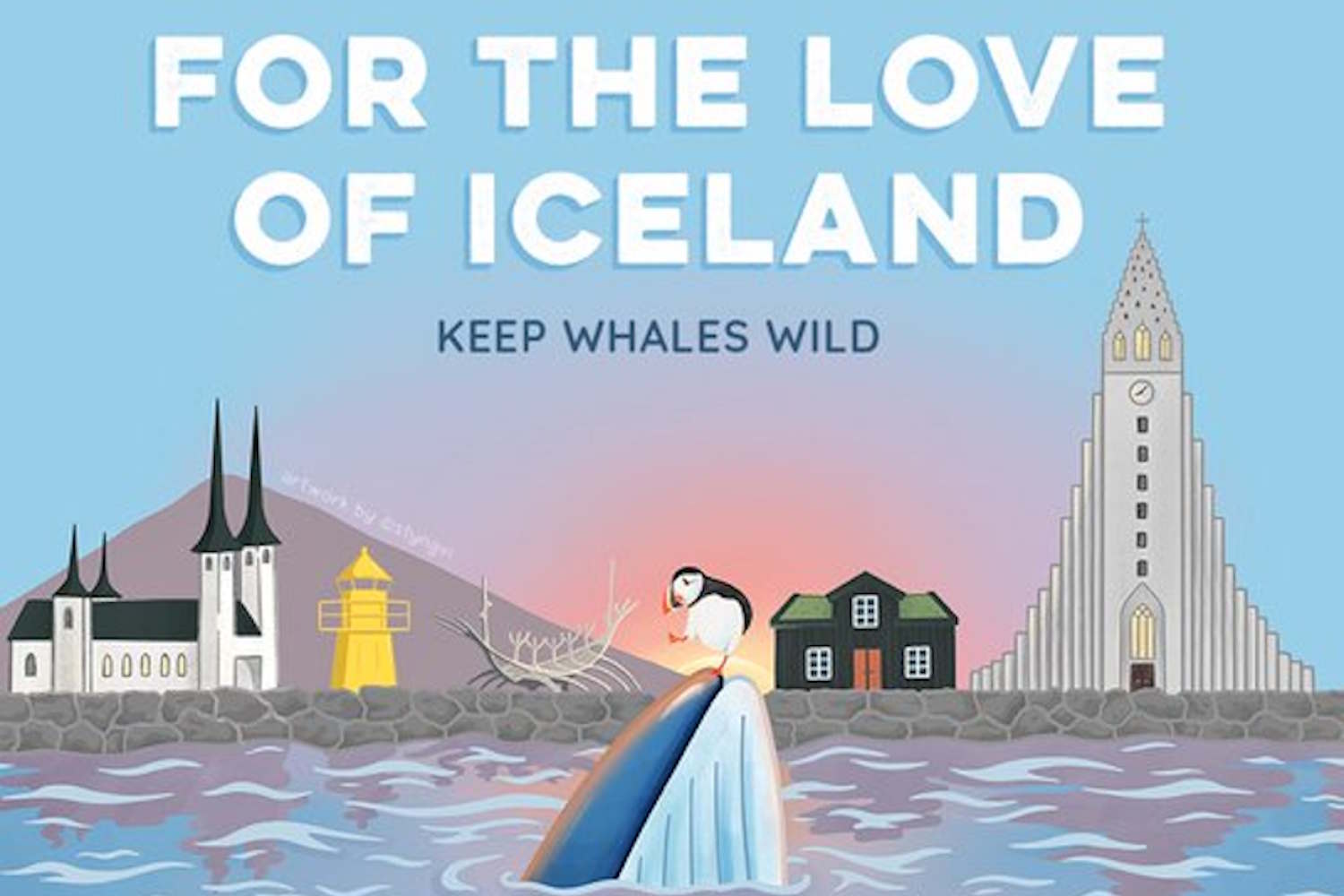Iceland launches a campaign urging tourists to avoid whale meat, stressing that responsible travel and whale-watching experiences protect both nature and culture.

@Humane World for Animals/X
A new campaign has been launched in Iceland with a clear message to travelers from around the world: don’t eat whale meat while on vacation. The initiative, “For the Love of Iceland,” is backed by Humane World for Animals and the local group Hvalavinir Whale Friends. Instead of tasting what’s marketed as a “national specialty,” visitors are encouraged to embrace authentic, nature-friendly experiences—like keeping a respectful distance on whale-watching tours.
Every year more than 2.3 million tourists visit Iceland, and it is they—not the locals—who drive demand for whale meat. Fewer than 2 percent of Icelanders eat it at all. This shows that the practice is not an ancient tradition but rather a carefully packaged tourist offering.
American visitors and a growing awareness
Among international travelers, Americans make up one of the most significant groups. In 2023, more than 300,000 U.S. visitors landed in Iceland, drawn by volcanoes, glaciers, and the Northern Lights. The campaign hopes to reach this audience as well, asking them to sign the #fortheloveoficeland pledge, share photos of responsible excursions, and spread the word on social media. Organizers stress that American tourists—who often have a strong interest in conservation—can play a key role in shifting perceptions.
A recent and controversial practice
Contrary to popular belief, whaling in Iceland is not rooted in ancient culture. The first whaling company appeared only in 1948, and today Iceland remains, alongside Norway and Japan, one of the few countries that still allow the practice. Licenses granted between 2025 and 2029 authorize the killing of more than 2,000 whales, including the fin whale, a species classified as globally threatened.
Reports have documented the prolonged suffering of hunted animals, in clear contradiction with Iceland’s own animal-welfare laws. As many Icelanders argue, the nation’s true cultural identity lies not in whaling but in respect for marine life.
Responsible tourism and a sustainable future
Campaigners highlight the enormous value of whales alive. Their presence supports ecosystems and sustains Iceland’s tourism economy. Whale-watching trips, boat tours, and photography expeditions deliver unforgettable encounters without harm.
The message is simple, almost self-evident: to travel in Iceland is to immerse yourself in landscapes unlike any other, where the chance to meet living giants of the sea is far more meaningful than a fleeting taste on a plate. And with travelers—especially Americans—choosing sustainable options, the future of these majestic animals may become just a little safer.
For the love of Iceland, and for the whales, I pledge not to eat whale meat when I visit Iceland. Will you pledge too? 👉 https://t.co/tvg1Rv16gh@humaneworldorg#ForTheLoveOfIceland #WildlifeFriendlyIceland pic.twitter.com/gkx5QOKsBa
— Humane World for Animals Europe (@humaneworldeu) August 28, 2025
Source: Humane World for Animals
